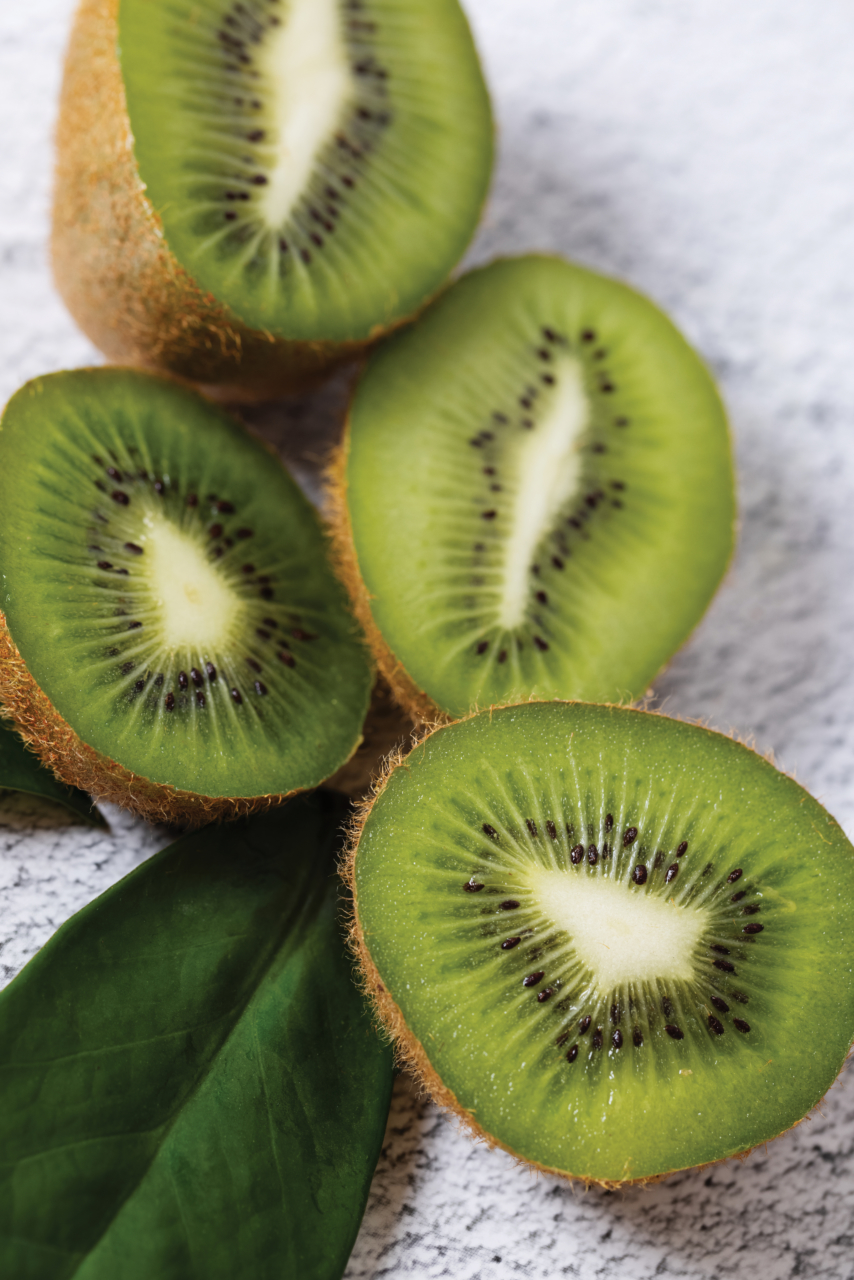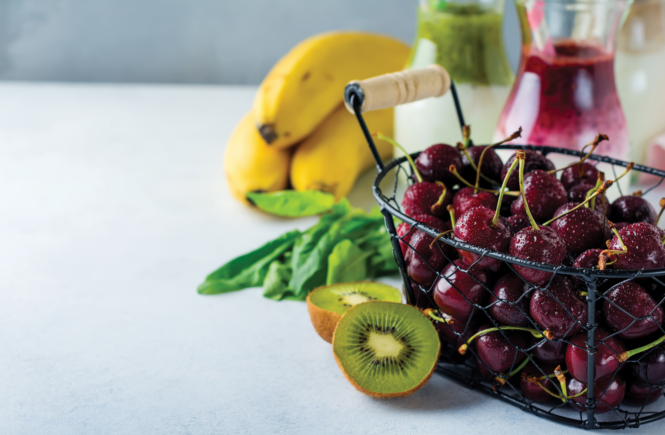With insomnia increasing in the U.S., something as simple as adding certain fruits to your diet can be a major step toward a more rested and better you
With 35% of Americans suffering with insomnia, there are growing mental and physical health issues nationwide that are arising from the lack of sleep. Diet and sleep are both complex, and every individual responds differently to foods and other remedies that are supposedly good for sleep. However, recent studies have concluded certain foods can help provide a better night’s rest.
Tart Cherries
Montmorency, or tart cherry, juice has been found in studies to have great sleep benefits. Several medical studies have concluded that consuming two one-cup portions of tart cherry juice daily resulted in the ability to fall asleep faster, more overall sleep time and significantly less awakenings.
Tart cherries have higher concentrations of melatonin, the hormone that regulates circadian rhythms (the natural, internal process that regulates the sleep-wake cycle) and promotes healthy sleep. Tart cherry juice also increases the bioavailability of tryptophan, which has been found to decrease the time taken to fall asleep. The enzymes within the cherries keep the tryptophan in the body longer, so not only do you fall asleep quicker, you stay asleep longer.
It’s important to note that tart cherry juice may contain added sugar, and when too much sugar is incorporated into a diet, it can be harmful. So, it’s recommended to choose no-added-sugar options, if available. However, the pure fruit is full of antioxidants, vitamins and fiber that can offer many other health benefits, including the reduction of inflammation and sore muscles, enhanced brain function and a stronger immune system.
When adding the fruit or the juice into your bedtime routine, it’s advised to consume daily in the morning and 1–2 hours before bedtime for optimal effect.

Kiwi
Kiwifruit is well known for its significant number of nutrients and antioxidants, as well as high levels of fiber, folate and potassium. However, beyond its health values, kiwifruit, or kiwi, has been said to have sleep-inducing qualities, allowing those who eat it before bed to fall asleep faster and for longer. It’s been hypothesized that the high antioxidant capacity, serotonin and folate content of kiwi may contribute to the observed sleep benefits of kiwifruit consumption.
Serotonin is one of the key chemicals found in high doses in kiwi. It is an end product of L-tryptophan metabolism, which is related to rapid eye movement (REM) sleep, and low levels may cause insomnia. Folate deficiencies can also lead to symptoms of insomnia and fatigue, and the levels of folate in kiwi could improve sleep quality for those who suffer with sleep conditions. It’s also been suggested that the anti-inflammatory antioxidants in kiwi, such as vitamin C and carotenoids, may be partly responsible for their sleep-promoting effects as well.
Research shows that when kiwi was consumed over a period of four weeks, sleep onset, duration and efficiency were improved. Although it’s been noted more research is required, current studies suggest that eating one or two kiwi an hour before bed may help people to fall asleep faster and stay asleep longer. CS
Editor’s note: This content is sourced from Best Mattress Brand, a team of researchers and writers who are passionate about finding the perfect mattress for any situation. For more resources and sleep tips, visit BestMattress-Brand.org.

